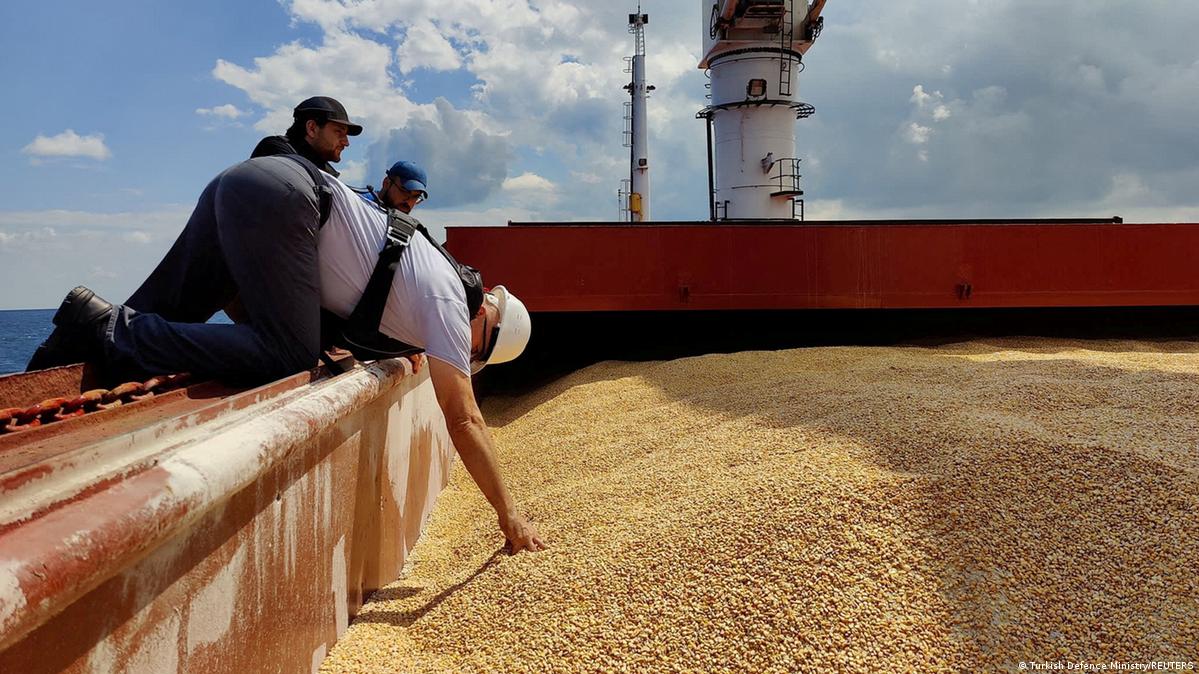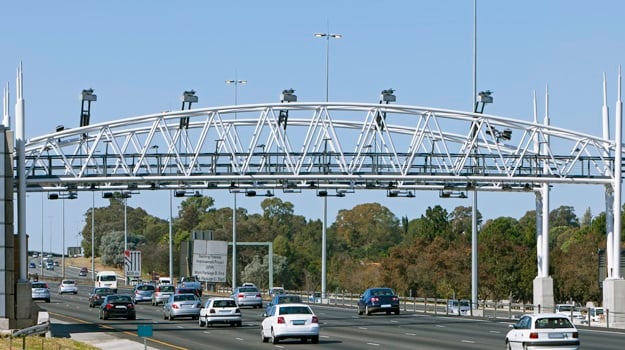Business
Russia’s refuses to renew Black Sea Grain deal

Russia’s refusal to renew the Black Sea Grain Deal has increased global grain prices and also triggered a jump in local grain prices.
Experts say this may undermine the gains for emerging markets of stabilising grain prices through the deal.
The majority of grain from the Black Sea was primarily exported to Europe, The Middle East and North Africa.
But the availability of grain and the decline in prices indirectly benefited the global community, including South Africa.
Russia is one of South Africa’s wheat supplier accounting for an average share of 26% yearly; and experts say South Africa is not directly at risk as it has large domestic grain suppliers.
But any price increase on the international market is likely to affect the prices of grain in South Africa.
Agricultural Economist Paul Makube says, “We are impacted by developments on the international markets so any increase will have an impact on the domestic market. This is coming at a time when international food prices have been on a negative territory and inflation has been on the low side.”

Business
bpSA helps 100 North-West University students to overcome the final hurdle

bp Southern Africa has responded to the plight of 100 North-West University students as part of its centenary commemorative initiatives. The company has donated R2.5m to help 100 of the university’s students clear their outstanding fees, enabling them to enter the working world with confidence.
Answering a parliamentary question earlier this year, Higher Education Minister Blade Nzimande said 56 627 students at North-West University have outstanding fees.
“While we acknowledge the need is great, we wanted to do our part to help some of these students into their next chapter. We have a long and proud relationship with South Africa, going back a century, and we owe our longevity to the communities and customers of this country – this is another way we are giving back,” says Taelo Mojapelo, CEO of bpSA,
“Over the last decade, we’ve been investing heavily in education, both within bpSA and for beneficiaries outside of bp. When we founded the Energy Mobility Education Trust (EMET) 10 years ago, the aim was to change the lives of young black South Africans and create a good pipeline of future skills across a broad range of disciplines, but particularly in maths and science. Since 2014, the Trust has invested approximately R247 million to benefit 3 754 young people through STEM education and skills development,” she adds.
EMET’s focus is on developing skills in science, technology, engineering and mathematics, with particular focus on nurturing black learners and students from underserved areas in South Africa.
Professor Bismark Tyobeka, Vice Chancellor of North-West University, says many highly talented students face a tragic shortfall in funding, which needs to be addressed urgently.
“We are thankful for bpSA’s commitment to social and economic development in South Africa and I am confident that you can benefit from the innovative research and skilled graduates that North-West University produces, which can lead to potential collaborations in various fields such as engineering, environmental sciences, law, and accounting to mention just a few. As we celebrate our 20 years of existence, we hope that you will open your doors for our students to engage with industry leaders, gain practical experience, and contribute to solving real-world challenges.”
Ntokozo Radebe, one of the 100 recipients of the bursary, says “I want to thank you for being one of the chosen ones to have their debt settled by bpSA. I am extremely appreciative of your efforts”.
Business
Outa urges businesses to stop paying e-toll bills

SANRAL says it will continue to collect e-toll revenues from vehicles until the end of December, despite Finance Minister Enoch Godongwana’s announcement last year that the scheme will be scrapped.
Organisation Undoing Tax Abuse CEO, Wayne Duvenage says businesses should stop paying as this will force the government to implement the decision to scrap e-tolls.
Duvenage said, “There are only about 10 per cent of users still paying, mainly corporates.”
“Those businesses must not fear [the] government.”
“If anybody wants to put them under pressure. The government departments are not even paying… government made a decision to scrap it.”
“Stop paying, because you made this decision.”
source – enca
-

 Entertainment3 years ago
Entertainment3 years agoCyan Boujee makes her Instagram private after her leaked explicit tape
-

 Africa News10 years ago
Africa News10 years agoJesus Is NOT Coming BACK – Vatican Says
-

 Gig Guide3 years ago
Gig Guide3 years ago10th DStv Delicious International Food & Music – 23-24 September 2023
-

 Football3 years ago
Football3 years agoItumeleng Khune: I am not ready to retire
-

 Tech News3 years ago
Tech News3 years agoHere’s what we know about Samsung UI 6, Android 14
-

 Entertainment3 years ago
Entertainment3 years ago2023 DStv Content Creator Awards Nominees
-

 Football3 years ago
Football3 years agoFIFA Women’s World Cup 2023: Spain 3 – 0 Costa Rica
-

 Football2 years ago
Football2 years agoBournemouth 0 – 2 Tottenham Hotspur











